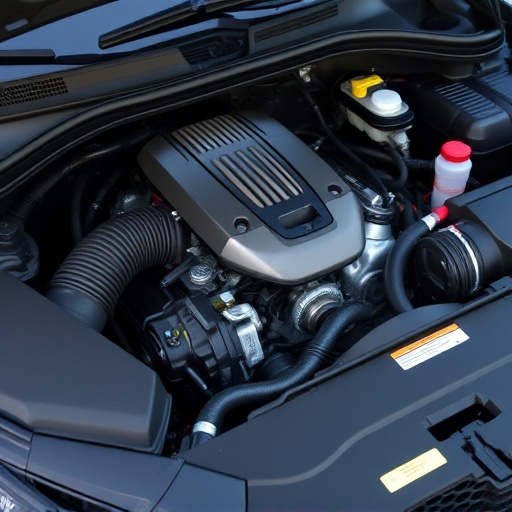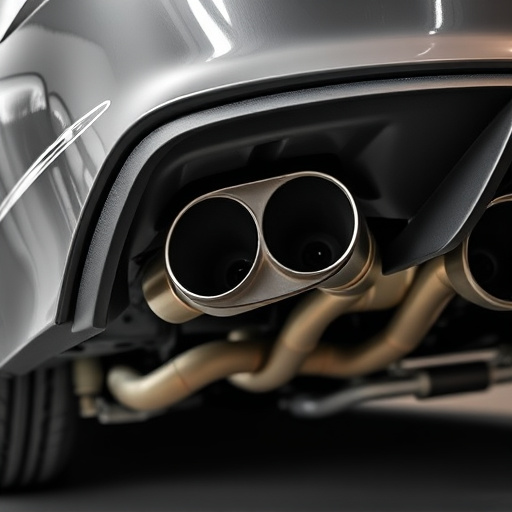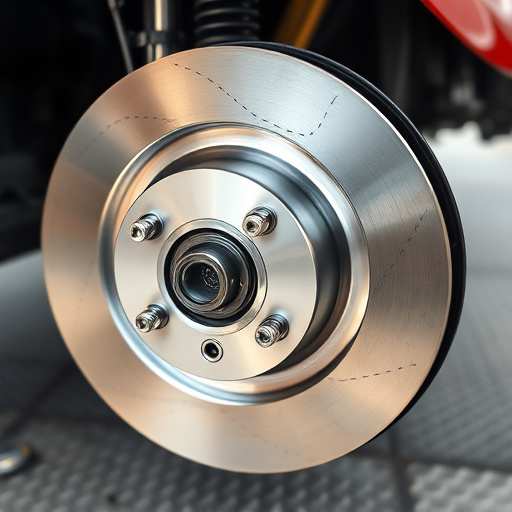Elevational changes impact air pressure, affecting engine performance and requiring specific tuning adjustments for optimal output. Climate variations, such as heat or cold, also influence component performance, necessitating adaptable engine tuning to maintain efficiency and reliability across diverse environments. Advanced technologies leveraging real-time data sensors enable precise adaptive tuning, optimizing power and fuel economy while catering to varied conditions from high altitudes to colder climates.
Engine tuning that adapts to elevation and climate conditions is a game-changer for optimal performance. This article delves into the science behind these adaptations, exploring how elevation affects engine output and how various climate conditions demand specific tuning adjustments. We’ll discuss advanced technologies empowering engineers to fine-tune engines for maximum efficiency at any altitude or temperature. By understanding these factors, you’ll gain insights into modern engine tuning techniques that ensure superior performance across diverse environments.
- Understanding Elevation's Impact on Engine Performance
- Climate Conditions: Adjusting Tuning for Optimal Efficiency
- Advanced Technologies in Adaptive Engine Tuning
Understanding Elevation's Impact on Engine Performance

As one ascends to higher elevations, the air pressure decreases significantly, which directly impacts engine performance. At lower atmospheric pressures, air becomes less dense, resulting in reduced oxygen availability for combustion. This can lead to power loss and decreased efficiency in vehicles equipped with naturally aspirated engines. Engine tuning that accounts for elevation changes is crucial to optimize output and ensure the vehicle maintains its performance characteristics despite the shifting environmental conditions.
Additionally, climate plays a role through temperature variations. Extreme heat or cold can affect engine components such as brake rotors, exhaust systems, and muffler tips, potentially leading to reduced airflow and power delivery. Engine tuning that adapts to these conditions ensures the vehicle’s performance remains consistent in diverse environments, from mountainous regions to hot deserts.
Climate Conditions: Adjusting Tuning for Optimal Efficiency

Climate conditions play a significant role in determining optimal engine tuning. Different environments offer unique challenges that can affect engine performance. For instance, high-elevation areas present lower oxygen levels, which require adjustments to the fuel-air mixture for efficient combustion. Conversely, humid climates might necessitate modifications to the intake components and air filter kits to prevent power loss due to reduced airflow caused by moisture buildup.
Engine tuning that adapts to these conditions ensures maximum efficiency and reliability. Upgrading suspension kits can also contribute to better temperature regulation and overall performance in varying climates. By tailoring the engine’s settings based on elevation and climate, drivers can expect improved fuel economy, smoother operations, and enhanced overall driving experience.
Advanced Technologies in Adaptive Engine Tuning

Advanced technologies are revolutionizing engine tuning, especially when it comes to adapting to varying elevation and climate conditions. Modern vehicles are now equipped with sophisticated sensors and onboard computers that gather data in real-time, allowing for precise adjustments to the engine’s performance. These systems can detect changes in air density due to altitude, temperature variations across different climates, and even humidity levels—all of which impact an engine’s efficiency. By analyzing this data, advanced tuning algorithms adjust critical factors like fuel injection, ignition timing, and air-fuel ratio, ensuring optimal power output while maintaining fuel efficiency and emissions control.
This adaptive engine tuning leverages high-performance parts such as performance exhaust systems and updated software maps to cater to diverse environments. For instance, a vehicle tuner might program the engine control unit (ECU) to enrich the air-fuel mixture in high-altitude regions with thinner air, ensuring the engine maintains its power band. Similarly, during colder climates, the ECU could delay ignition timing slightly to prevent premature spark knock, enhancing durability and reducing the risk of damage to sensitive components, like top-tier brake pads designed for high-performance driving conditions.
Engine tuning that adapts to elevation and climate conditions is a game-changer for optimal vehicle performance. By understanding how elevation affects engine performance and adjusting settings based on local climate, drivers can achieve better fuel efficiency and overall driving experience. Advanced technologies in adaptive engine tuning ensure vehicles are equipped to handle varying environments, making it a key focus area for automotive innovation. This approach not only enhances engine reliability but also contributes to more sustainable transportation.














